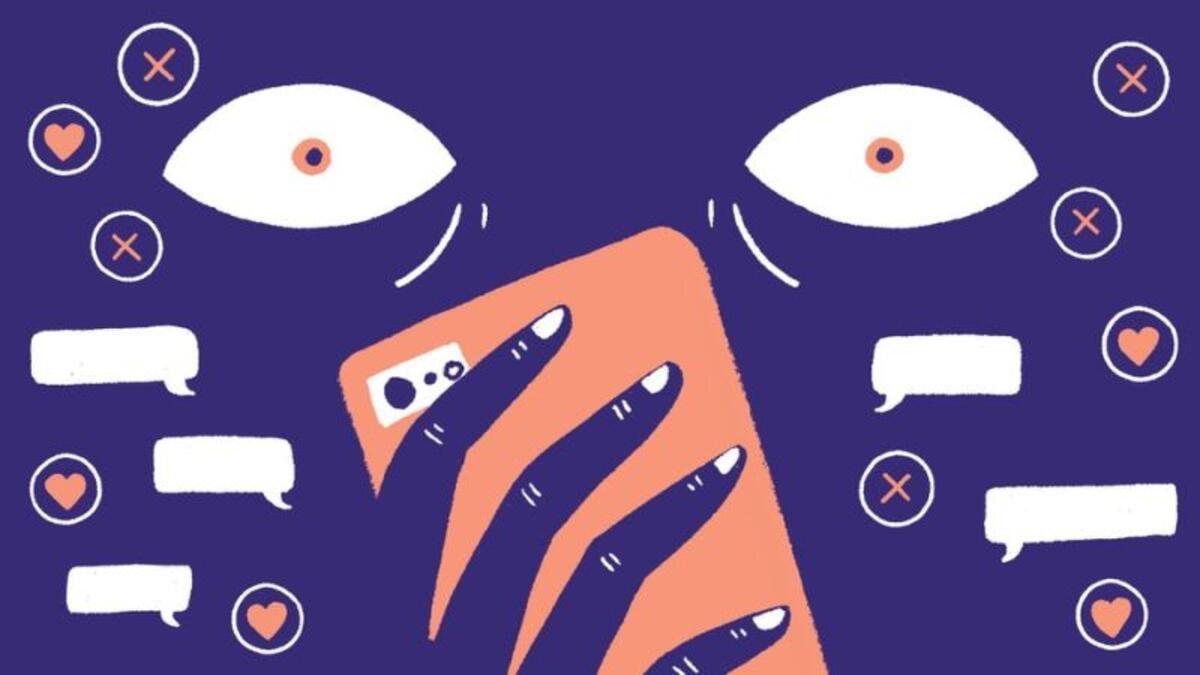What means Fomos; Who has FOMO?
Technology addiction, is one of the diseases of the modern age, What is FOMO (fear of missing out)? We have compiled the causes, symptoms, and coping methods for you.

If you're constantly checking your social media accounts, can't wait to see where your friends are and what they're doing, and then get upset when you see them having dinner without you, you may be suffering from a condition known as FOMO.
The psychological disorder known as "fear of missing out" is seen in 56% of the population. If your gut is telling you to check social media over and over and you can't get out of the loop, you're in this population too. Is this addiction just a symptom of modern life? Or does it tell you something you should notice? And is there anything you can do to break the vicious circle?
What is FOMO?
FOMO (fear of missing out) is the anxiety or motivation social media users feel when they want to belong to a group, event, or moment posted by others. It stems from feelings of social exclusion and anxiety. It can be so intense that it can greatly damage the psychology of users.
The word FOMO was officially added to the dictionary by Oxford in 2013. Short for fear of missing something, the word was coined to describe the anxious feeling that can arise when you sense there is a more exciting possibility elsewhere.
FOMO affects people of all age groups and social media platforms. The condition, common in the 18-33 age group, can also be triggered during online shopping. The most common place is Facebook, where sharing with the click of a button is extremely simple.
Technology Addiction: Causes of FOMO
Experts say FOMO can result from the perception that other people have more fun or are happier than you. Social media has become a situation where people do share not real memories to connect with each other, as it used to be, but much more organized, groomed, and perfected versions of themselves. Contrary to the taboos created by social media, loneliness or low self-esteem is also known to be one of the current problems.
When social media companies focus on profit, regardless of their target audience, their number one goal is to maximize the time each user spends on their website. This is especially true for platform companies such as Facebook, Snapchat, Netflix, and Instagram. The more time you spend on their site, the better for them. The more ads they can get, the more revenue they can get.
- 45% of individuals with FOMO cannot go more than 12 hours without checking social media.
- 20% cannot spend more than 1 hour without checking social media.
- 36% are afraid of feeling like a stranger.
- 26% are afraid of losing friends and 23% are worried about being judged.
- 27% flock to social media as soon as they wake up.
Symptoms of Technology Addiction (FOMO)
The signs of FOMO are difficult to detect because different social media users have different social priorities. There is one thing in common among users who experience FOMO; feeling of social exclusion.
If you're constantly refreshing your social media feed to see what's happening, the latest updates, and new things people are discussing,
If you feel the need to know what other people are doing (This may include your friends in your social network. It may also include people you do not know, such as celebrities or celebrities.)
If you feel dissatisfied with your life and therefore continue to look outside at what others are doing,
You can have FOMO if you're constantly checking what others are doing, rather than enjoying the time you spend with the people you're with and the life you have at the moment.
In fact, FOMO drives people to check social media right after waking up, before bed, and during meals. Because otherwise, you may be “missing something”.
Coping with Technology Addiction (FOMO)
Limit social media use. Plan a morning where you don't pick up the phone as soon as you open your eyes. Deactivating your social media accounts may not be appropriate, but learn to limit your activities.
Fill your schedule with meaningful activities. It will be much easier to get used to the absence of social media with activities that will occupy your mind.
Stop following people who support an unhealthy lifestyle. Take a step back and evaluate the people you follow and the lifestyle and messages they promote. As you do this, ask yourself; How do you feel when you see their updates?
Stop comparing yourself to others. Don't keep looking at what others are doing as a reference point for where you need to be because we are all different. We all have our own unique ways.
FOMO affects people of all age groups and all social media platforms.
